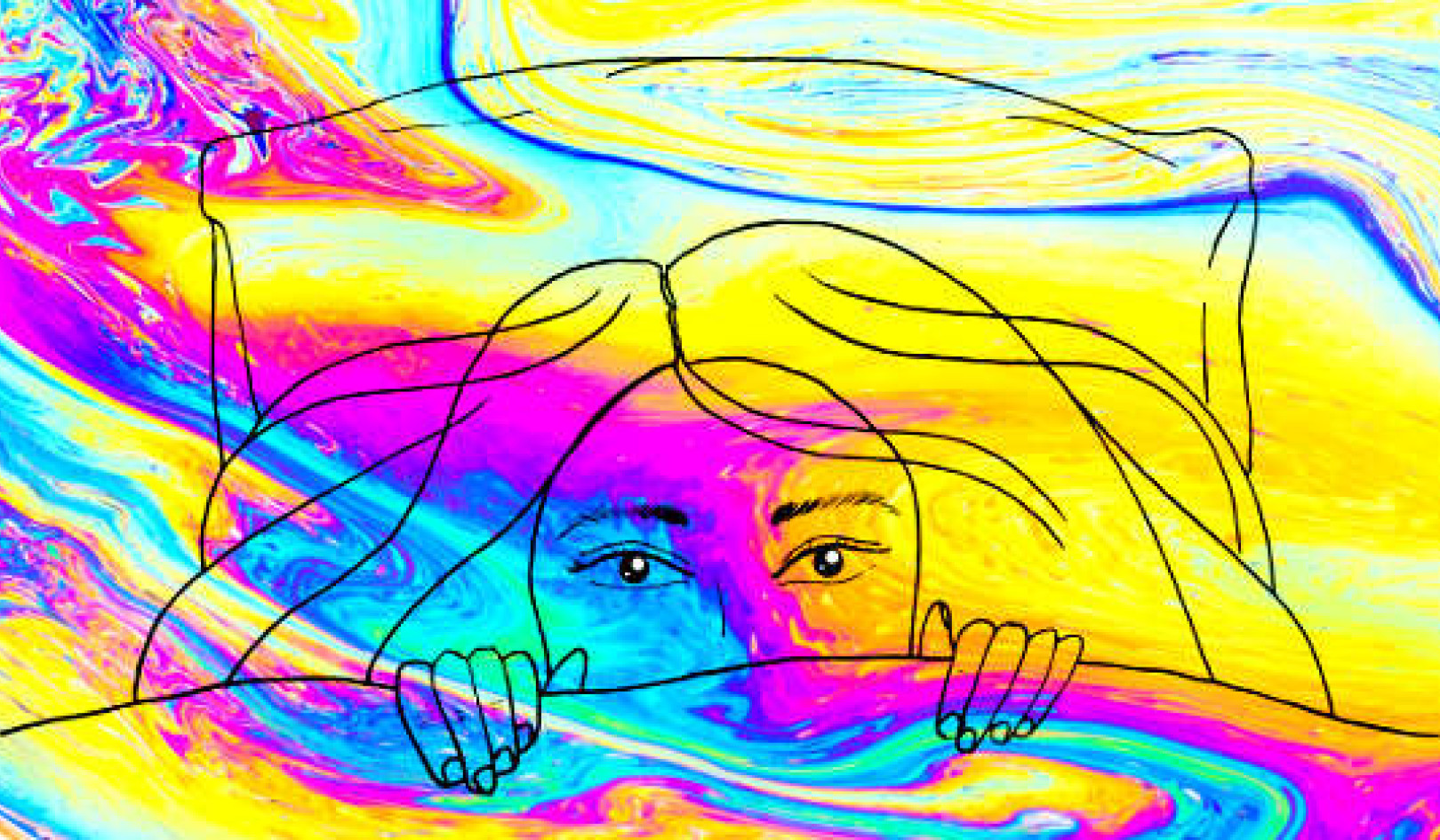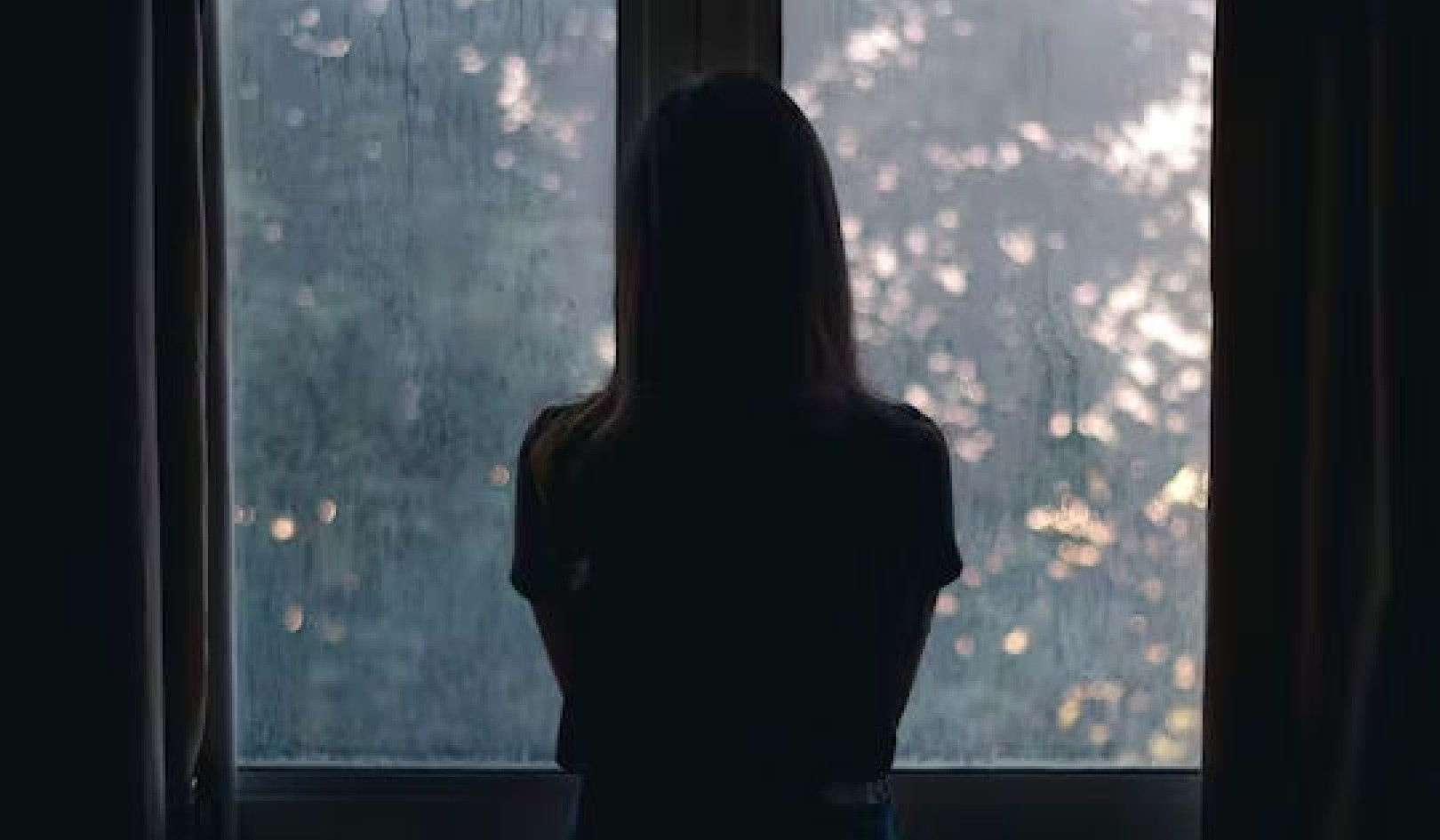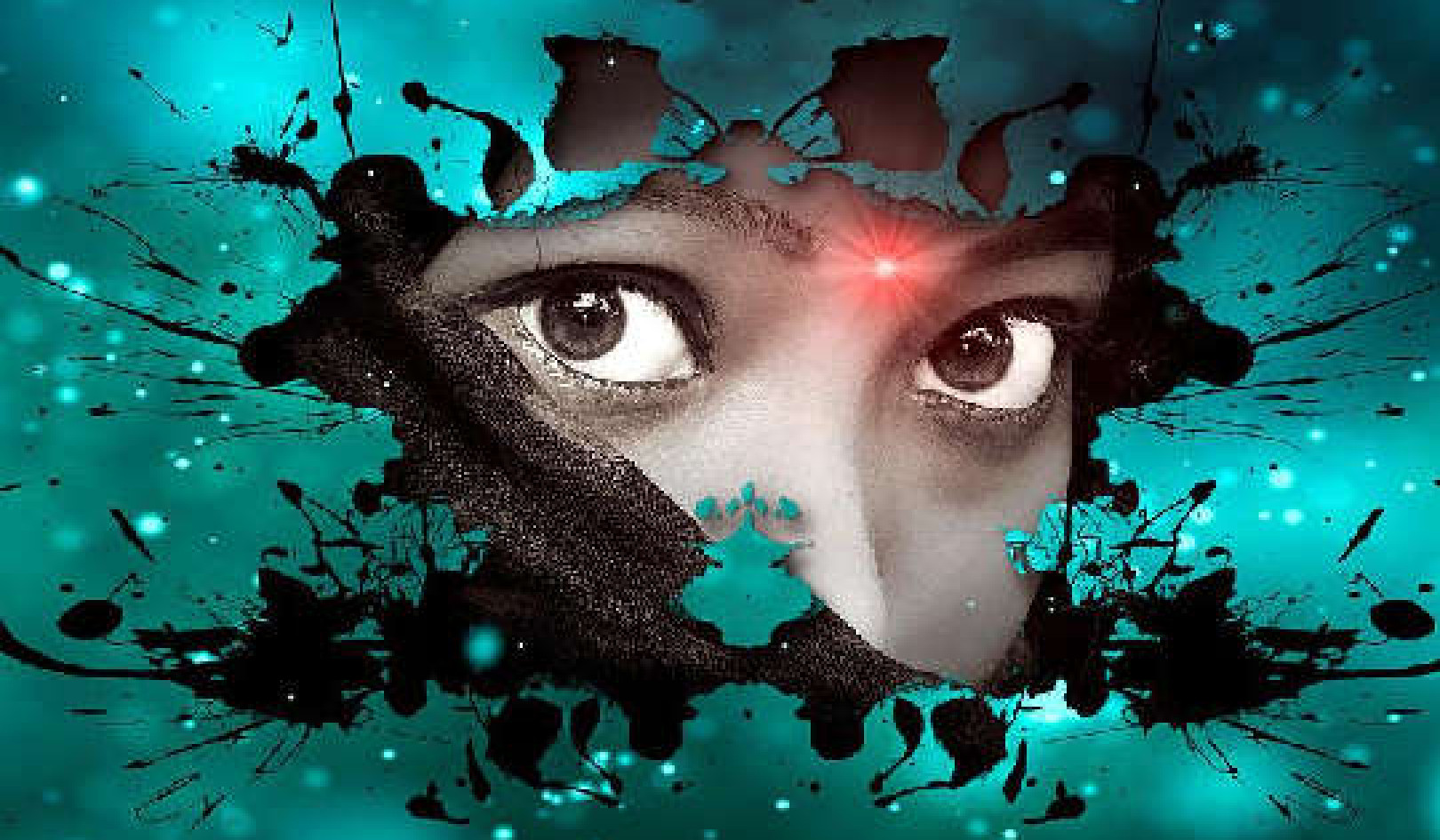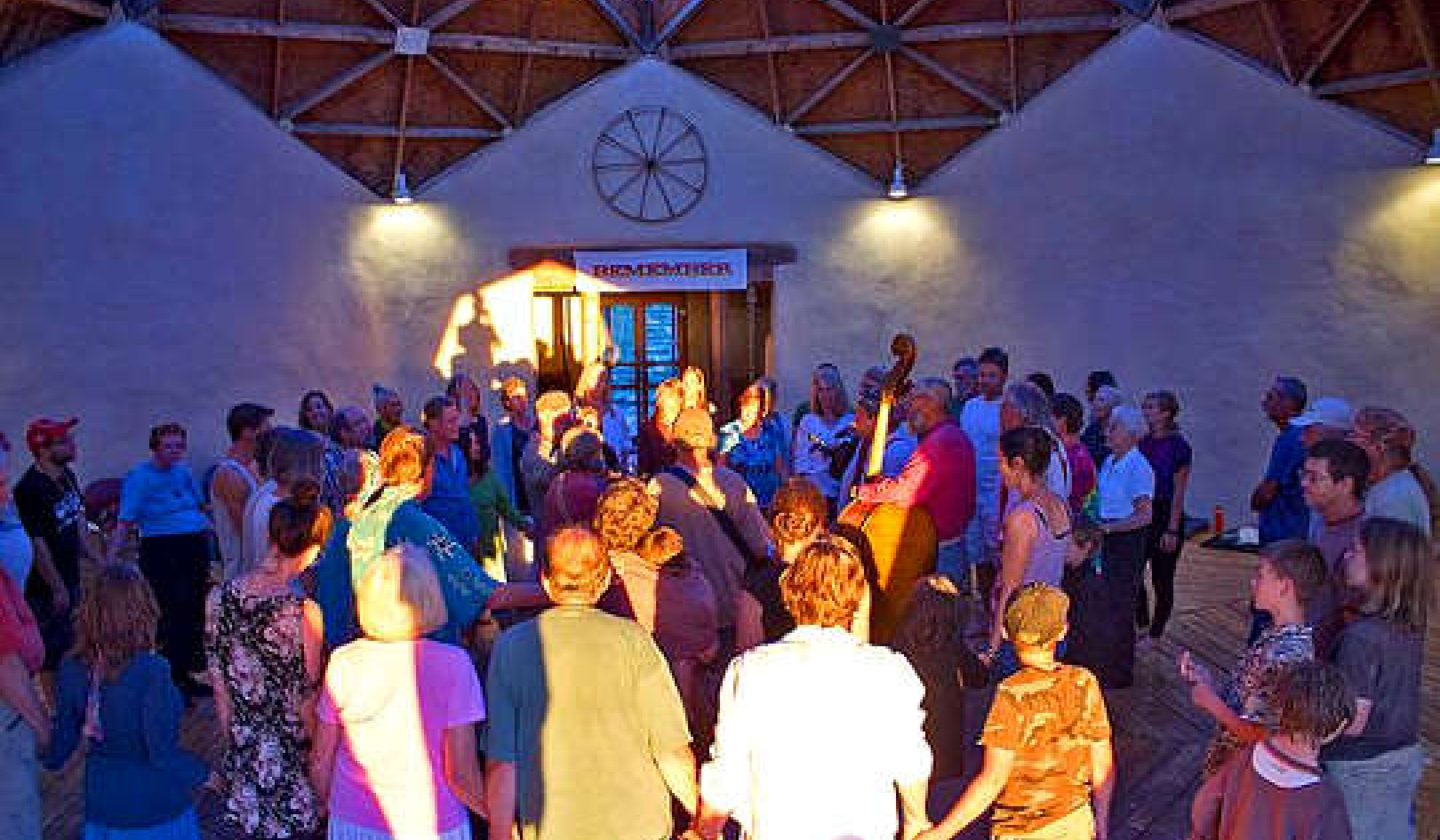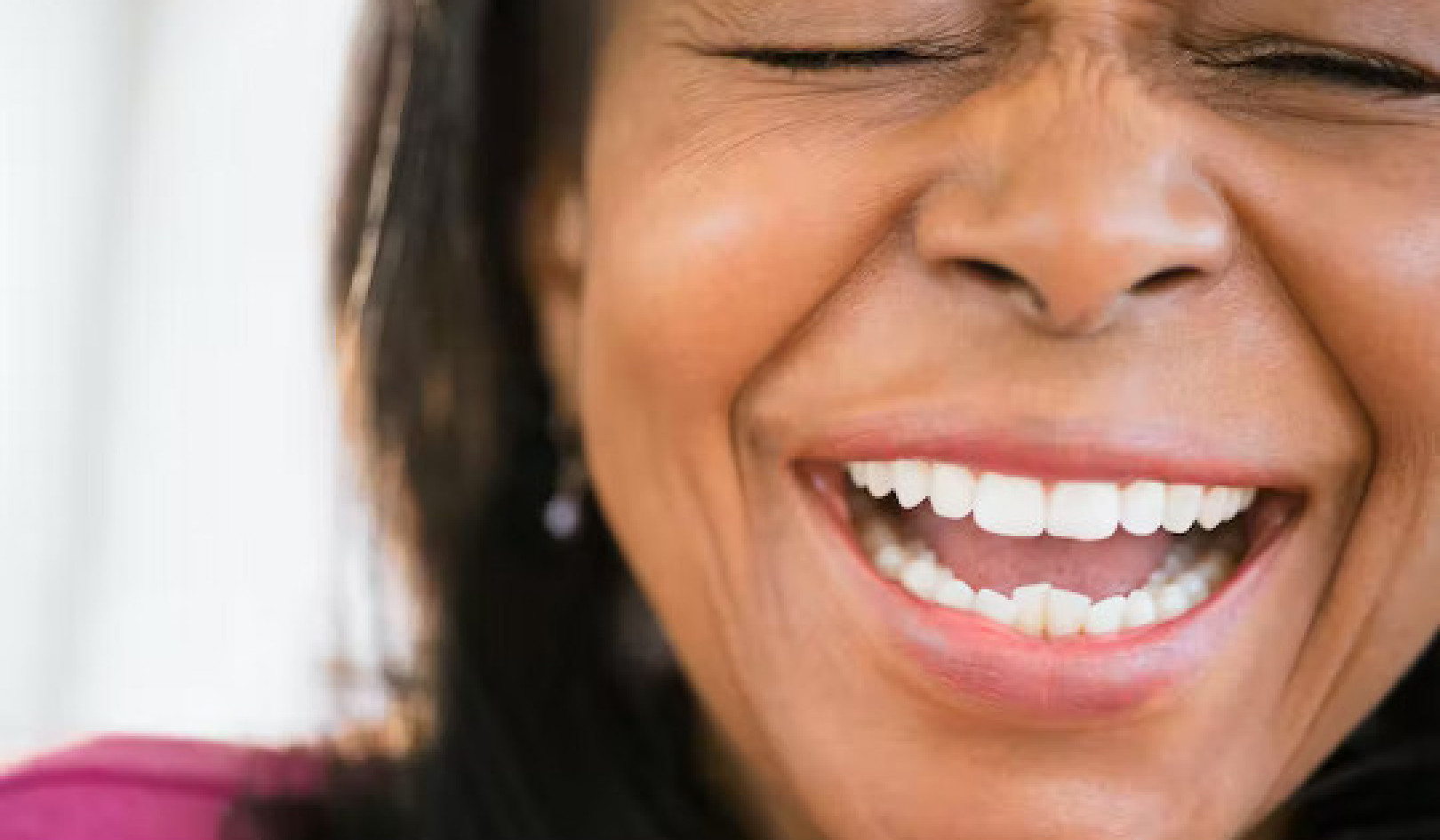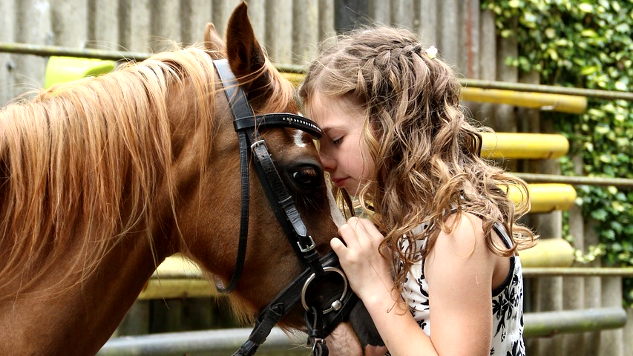
We all are feeling beings who have the gift of empathy to be able to connect with other sentient life. The challenge for us as humans, as we are learning, is it can be hard to separate ourselves from the energetic connections we make through our feeling-bodies, taking on what is not ours. This is the difference between empathy and empathing.
Empathy is the ability to share, understand, or feel another’s emotion and what they may be feeling or experiencing from within the other being’s frame of reference. Remember, it is often characterized as the ability to “put oneself into another’s shoes,” or in some way place oneself in another’s position or experience.
Empathy creates understanding, an energetic connection and resonance with the emotions and feelings of someone you interact with, resulting in a supportive closeness. It does not take on another’s situation as our own nor does it embody another’s emotions or physical pain. It is not about believing that our ideas, care or support will change people or about doing things for them. True empathy is gifting others energy with no conditions attached. It honors the other.
Empathy is the truest sense-organ of the incarnated divine human vehicle, but it cannot properly function through the individual ego— only through the collective, unconditional energies. As a birthright, our empathy offers us the ability to align and harmonize with every energetic thing on the planet and throughout the cosmos.
Empathy: Finding Unconditional Collective Oneness
We are a genetic DNA pattern within much greater genetic DNA patterns of Source energy and embodiments. This means our existence is partially here to find unconditional collective oneness -- not just with humans but with all Source offers us from the forces of nature, to the plant and animal kingdom, to humanity, to the cosmos filled with stars and planets within multi-universes. We are genetically designed to be one, making us a holographic microcosm of the entire cosmos as fractal patterns of Source repeating themselves as one.
Embracing the idea of feeling and being one with everyone and everything as a collective nature with no strings attached is quite difficult as most of us are only aware of our individual self. When I choose (either consciously or unconsciously) to take on your feeling, your emotion, pain, fear or your situation in an individualistic way, I have now fueled the energy with conditional fear instead of unconditional love of oneness. I shift from the collective observer into the conditional judge of the other or the situation, and then take from the other’s energy and make it my personal affair.
Let me remind you most empaths are not taking another’s energy in a malicious or dominant way (although some do). Instead, they feel as if they are helping the other person by fixing, offering solutions, or taking over completely. However, these empathing behaviors still hold fear-based conditions or judgments on the exchange.
When we experience energy in a truly unconditional collective manner, it is a love-based fuel that allows every other energy to just be their individualized version of Source. If I work in love and honor my individual energy, all while honoring the other’s individual energy as is, then there are no conditions attached, but if I work in an egoic, fear-based fuel I am actually empathing versus using my gift of empathy.
Empathy: A Birthright and a Learned Skill
Even though I say empathy is a birthright, it is a learned skill. To sense other people’s emotions coupled with the ability to imagine what someone else might be thinking or feeling takes practice and diligence. And to move to a place of unconditional oneness, feeling what another feels with no conditions attached, takes even greater skill.
Relationships offer many different ways to feel and experience empathy, so not all empathy looks and feels the same. There are different kinds of empathy based on what kind of connection we’re making by use of our energy bodies. As we understand more about empathy, we can learn how to use these different forms in our own relationships and exchanges to protect ourselves and others from unhealthy energy exchanges and become more skilled, aware empaths.
Cognitive Empathy
The concept of cognition is all about simply knowing. Therefore, cognitive empathy is based on the energy of thought and means we simply know how the other person is thinking, feeling, or emoting. This style of empathy allows you to use your own emotional feel-centers to align to the situation while also demonstrating the knowing and understanding from an intellectual level.
Although cognitive empathy provides a way to connect to another’s experience, this form of empathy can feel somewhat shallow or disconnected because cognitive empathy responds to a situation with brainpower. For example, it strives to understand pain as a think-feel, yet that is not the same as allowing yourself to truly feel the pain of another. However, sometimes cognitive empathy may be best for a situation from a protection standpoint when you want to get inside another person’s head to do your best to understand their situation but not get fully inside their emotions and pain body.
Personally, my traits and psychic skills highly revolve around cognitive sensitivities, and this has not always been easy for me. Throughout most of my life I have been seen by others as insensitive. Over the years I have had family and friends comment and even joke that I have no compassion or show no heart in many circumstances and this has been hurtful many times throughout my life.
I have always felt a sense of shame that my body was somehow broken and not able to perform like others when it comes to matters of the heart. Because of this, I often feel different, alone and “not normal” when my energy works in this manner.
Intuitively, I have an extremely heightened cognitive nature, simply knowing things, and always have since childhood. My knowing can come off as arrogance or present itself as thinking I am superior to others, but that is not the case. Like others whose cognitive energies are most heightened, my entire essence simply knows things.
I also fully know when something is not mine to own and, therefore, I do not engage either energetically or mentally. Even though this is seen by others as non-feeling or non-caring, I perceive it as the opposite. I simply “know” when something is not mine and I will step back and remove myself from the situation, the idea, the person, the place because it allows the other to simply be, as well as protects my own energy.
Emotional Empathy
Unlike cognitive energy, which enters our field in the form of thought, emotional empathy happens when we physically feel the emotions of the other person in order to offer support for their pain and suffering. Our human meat-bodies have an incredible way of connecting to those we deeply love and it is a natural reaction to feel that pull on your heartstring to help another in need. This is our deep-seated, fully human response to emotionally connect and form a bond.
Although it is helpful to identify with another’s pain, it can be challenging to separate oneself from the emotions of another when we open up our energy fields to feel what they experience.
The downside of emotional empathy occurs when people lack the ability to manage their own distressing emotions, which shifts emotional empathy into the stage of empathing, moving from unconditional oneness back to the individual ego of needing to fix the situation, “be the one,” or take control.
Without proper practice or intent, emotional empathy can become overwhelming or inappropriate in certain circumstances when the supporter fully takes on the physical, emotional, and mental states of another. Feeling too much of something that is truly not yours can make even small interactions feel overwhelming and lead to exhaustion, anxiety, or full burnout and physical health challenges.
Compassionate Empathy
When using compassionate empathy, we combine the energy of thought (cognitive empathy) with heart-based feelings (emotional empathy). Thoughts of the brain and feelings of the heart are not opposites but more so intricately connected and provide a more holistic picture of understanding. By knowing the situation and having a sense for the feelings experienced by another, compassionate empathy honors the natural union of head and heart to achieve a powerful balance.
The majority of the time, compassionate empathy is ideal as we want to be able to cognitively understand why someone is feeling or experiencing a situation or emotion and at the same time also offer emotional comfort to pain and suffering. However, we do not want to take the person’s pain- energy and make it our own as in the case of empathing.
We are designed to be one, but only unconditionally. Unconditional means no conditions attached. We expect nothing in return for the actions given to another.
True compassion and unconditional empathy towards others can only happen when we are in harmony and the right relationship to ourselves, first. This combination of compassion and empathy is something I have chosen to train myself in over the recent years as I learn to trust my divine human vehicle of an earthly body more. I inherently default to using my cognitive skills when engaging with others but have learned that my feel-centers combined with my physical container can expand my capabilities as a psychic and a human.
Maintaining a "Selfish" Sense of Self
At this stage of my life, I have begun to understand just how important it is for me to maintain a sense of presence with me. To take the time and have the passion to be all about me first in terms of my energy. To do my personal work and gain skills of discernment. >If I am not a fully fueled, balanced, and harmonized Suzanne first, I am no good to anyone else no matter how hard I try to “do” for others.
I hope these perspectives may help you see how the word “selfish” may not necessarily look like what we were taught and how critical it is in terms of essential energy to fuel self-love and align with Source within oneself first so that we can then be able to give love to others without fear, conditions or cords attached. Only then does true compassion and empathy naturally bridge us in selfless unity with others.
This can be directly opposite of what many of us have been taught growing up in families that teach, hold, and maintain belief systems surrounding the idea of doing for others. It may be time to re-examine what you think you know versus what your body truly knows.
Copyright ©2023. All Rights Reserved.
Adapted with permission from the publisher,
Findhorn Press, an imprint of Inner Traditions Intl.
Article Source:
Confident Empath: A Complete Guide to Multidimensional Empathing and Energetic Protection
by Suzanne Worthley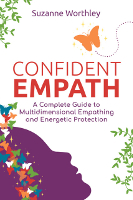 There is no doubt we are living in a time of significant global upheaval and change. Yet psychic empath Suzanne Worthley, a highly skilled professional intuitive energy practitioner, shares how as an empath you can still live an empowered life, energetically protect yourself and your loved ones, and contribute in a meaningful way to creating a more positive, life-affirming reality on every level of dimension.
There is no doubt we are living in a time of significant global upheaval and change. Yet psychic empath Suzanne Worthley, a highly skilled professional intuitive energy practitioner, shares how as an empath you can still live an empowered life, energetically protect yourself and your loved ones, and contribute in a meaningful way to creating a more positive, life-affirming reality on every level of dimension.
You will learn how to identify and release different types of limiting beliefs, both learned and programmed into our beings. You will also discover how to prevent unwanted energy transference and learn the fascinating skill of empathing buildings, land and the natural world, and other dimensions. Interspersed throughout the guide are extraordinary and compelling true accounts from Suzanne’s professional work that illustrate the concepts taught.
Click here for more info and/or to order this paperback book. Also available as an Audiobook and as a Kindle edition.
About the Author

Suzanne Worthley has been an energy healing practitioner, intuitive, and psychic empath for more than two decades. She teaches about consciousness studies and energy work and offers spiritual tours in Peru and Sedona, Arizona. The author of An Energy Healer’s Book of Dying, she has played a vital role in partnership with families and hospice teams, helping the dying have a peaceful transition and helping families and caregivers understand what is happening energetically during the death process.
Visit the Author's Website at https://www.sworthley.com/
More Books by the author.






















